
British special troops have been deployed to Ukraine to organize diversions and escalate the situation in Donbass, according to the pro-Kremlin media, which resumed a string of narratives about a Western attack on the Russian-speakers in the Donetsk and Lugansk regions.

Romania has appointed Cristian-Leon Țurcanu, a NATO expert, as its designated ambassador in Chișinău. Țurcanu will replace Daniel Ioniță, a vehement supporter of unionism. The narrative is launched in the context of a broader regional crisis, Russia having ramped up its disinformation over an alleged NATO threat to ex-Soviet space.

The crisis in Ukraine is also marked by an increased output of false narratives meant to discredit NATO and undermine confidence in it. Romania has also been the target of such narratives – claiming that it’s preparing for war, mobilizing its reservists, has a weak army, equipped with outdated equipment, etc. Veridica talked to the head of the Information and Public Relations Department of the Ministry of National Defense, Brigadier General Constantin Spînu, about the efforts made by the army to fight back the disinformation that targets it.

NATO enlargement is a threat to Russia, and the United States is arming and preparing Ukraine for war, says the Kremlin's main propagandist Dmitry Kiselyov in a nearly two-hour show that reflects the Kremlin's views on international politics.

The Western Balkans appear to be playing an increasingly important role in Russia's plans. Through its leverage in the region, Moscow is able to generate enough problems that require the attention of the West and diminish its ability to manage crises elsewhere - for example in the former Soviet Union.
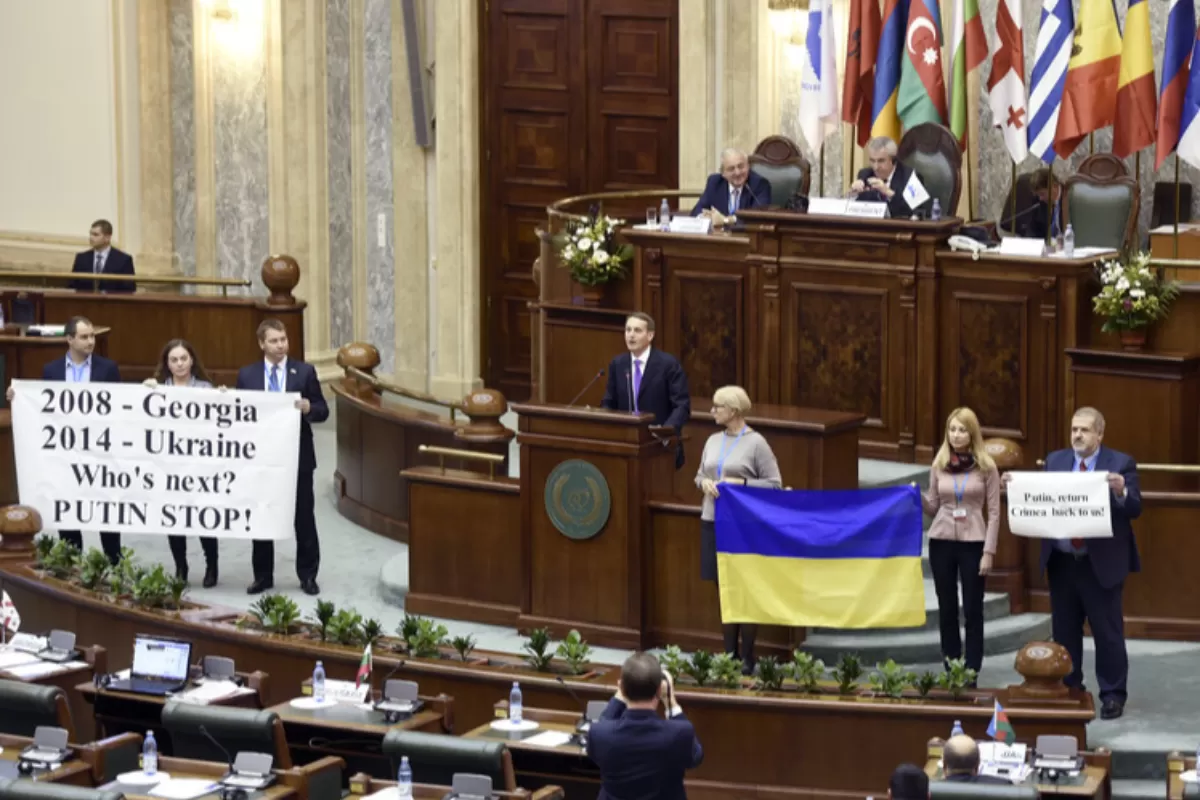
Romania will be partitioned by its neighbors if it decides to fight alongside NATO in a war against Russia. This false narrative was launched on the Romanian media market with a view to eroding public confidence in NATO, and to demonstrate that Russia is not the aggressor in the current crisis in Ukraine.

“Russia is the last country in the world that would want a war with Ukraine”, the Kremlin-affiliated media writes, accusing Kiev of seeking to trigger a conflict. This false narrative is at odds with the situation on the ground, where Russia (a country that already attacked Ukraine in 2014) has amassed a sizable force.

NATO is threatening Russia and is rallying a sizable force close to its borders, the Kremlin-linked media claims. In fact, NATO is merely consolidating its eastern flank, in response to Russia’s threats, whereas the troops the Alliance has mobilized represent a fraction of the over 100 thousand troops Moscow has massed.
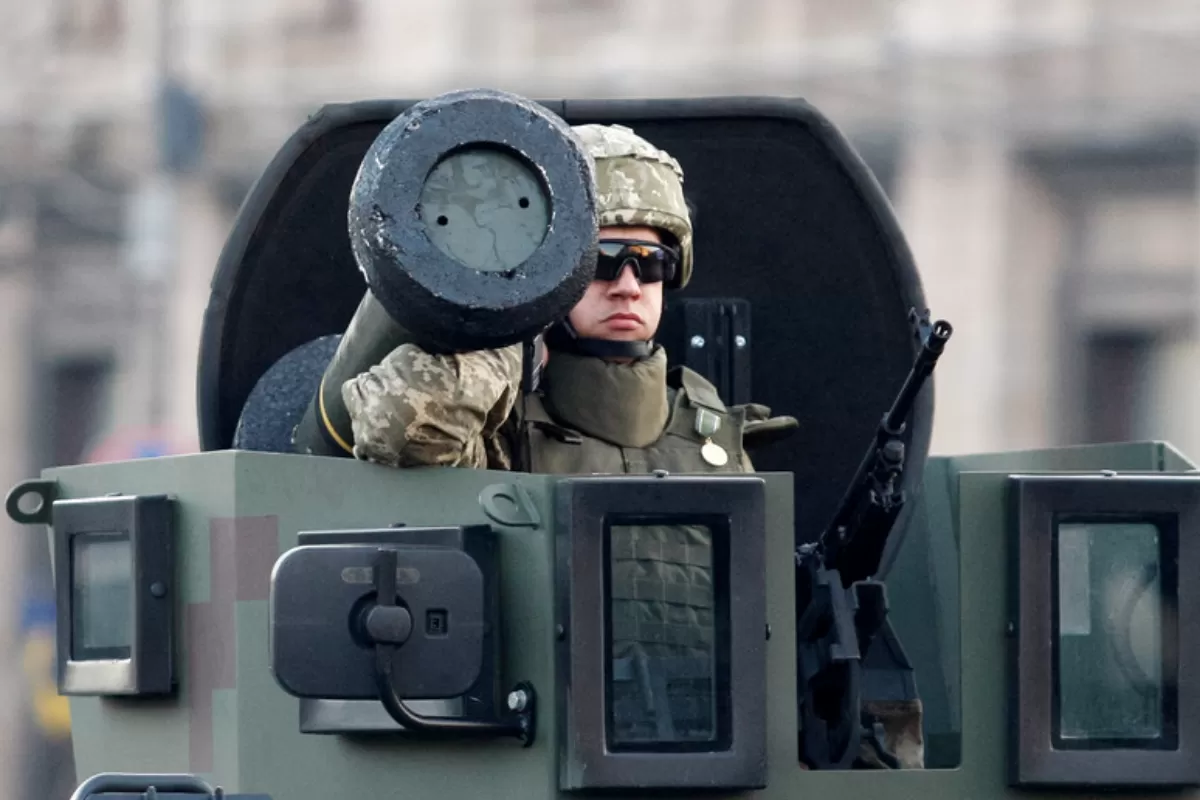
The military equipment Ukraine got from the United Kingdom is obsolete and/or out of commission, according to a piece of fake news carried by the Russian media. The United Kingdom is one of the NATO countries that, in the context of an impending Russian invasion, has provided Ukraine with deadly equipment in order to defend itself.
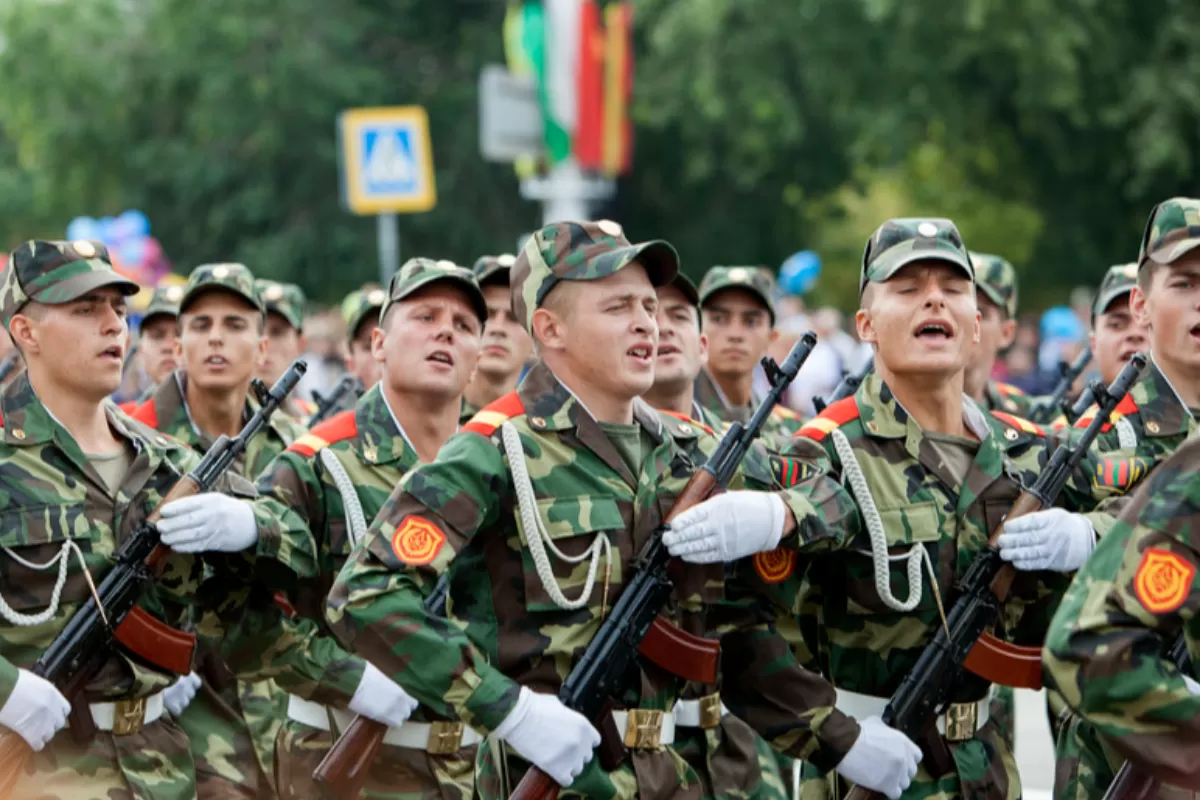
The crisis in Ukraine has generated a great deal of concern in the Republic of Moldova as well, considering that a possible conflict might also spread to its territory, in Transnistria.

The Republic of Moldova is preparing to relinquish its neutrality status and hand over control over its armed forces to NATO, according to a false narrative carried by the Russian media. In fact, Moldova has merely renewed its Action Plan with NATO, a periodic process that has nothing to do with neutrality or NATO accession.
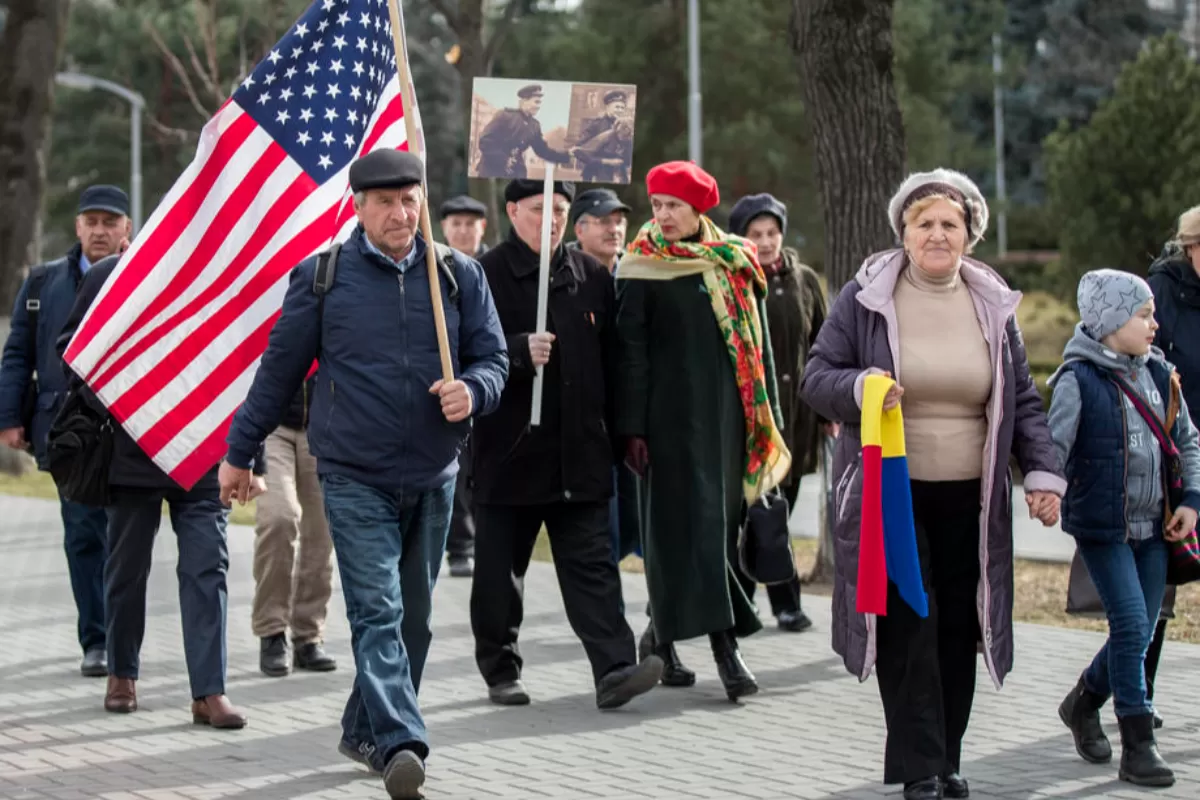
Romania threatens the existence of the Republic of Moldova, although it is a weak state that will lose all its influence when NATO, caving in to Russia’s pressure, will shut down its bases on Romanian territory. The narratives are launched in the context of growing regional tensions and Russia’s requests that NATO should pull back to the West.

Ukraine is planning on massacring the civilian population in Donbas, according to the separatist and Russian state media. This false narrative comes in response to Ukraine’s decision to mobilize its territorial defense forces in the face of a high risk of Russia invading the region.

NATO's refusal to accept Russia's latest demands against the background of the crisis in Ukraine has heightened fears that Moscow is preparing for war. It is a possible scenario, but one that would be extremely costly for Russia, even if it wins the fighting on the ground.

Odessa, a port-city in southern Ukraine, has been turned into a NATO military base, according to a new narrative published by the Russian media, which also condemns NATO military exercises in the Black Sea and labels Odessa and southern Ukraine Russian territories under foreign occupation.
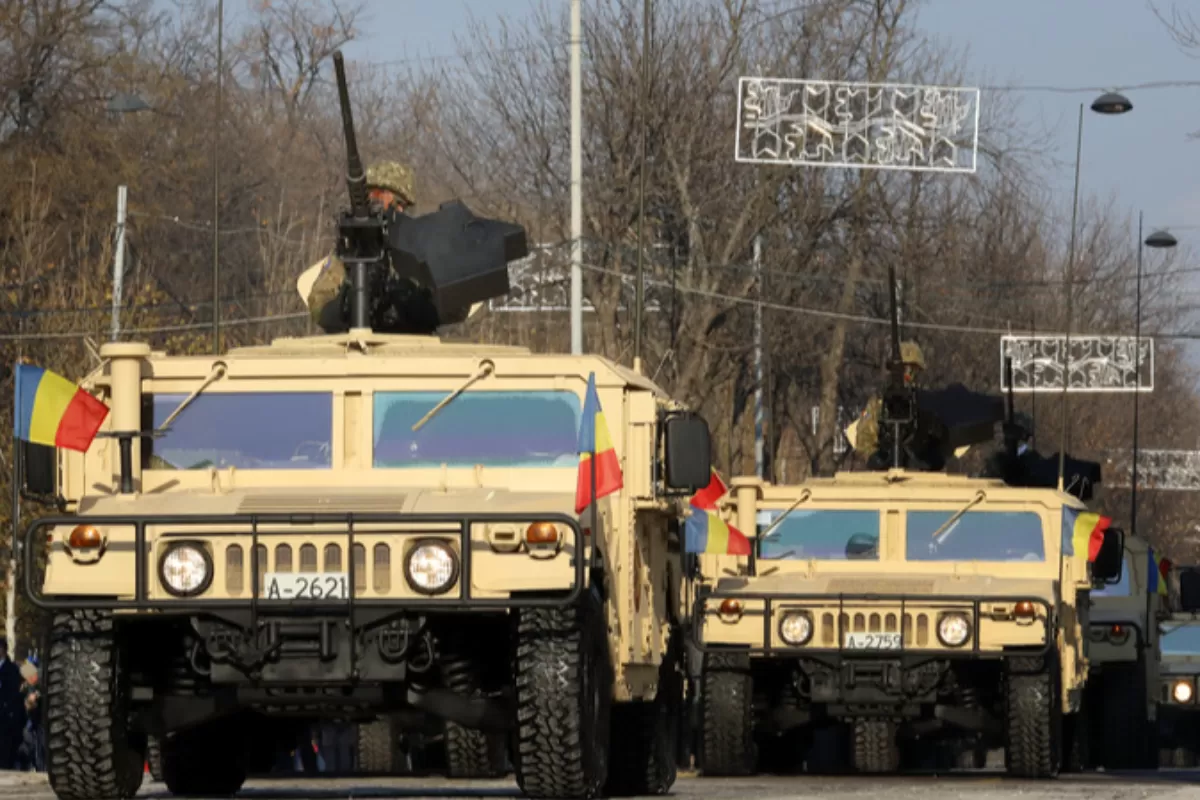
Romania has been dragged into a trap by its NATO allies to send military equipment, troops and instructors to Ukraine, but when Russia will start the war against this country, Bucharest will be left to stand alone, according to a false narrative published by Evenimentul Zilei.
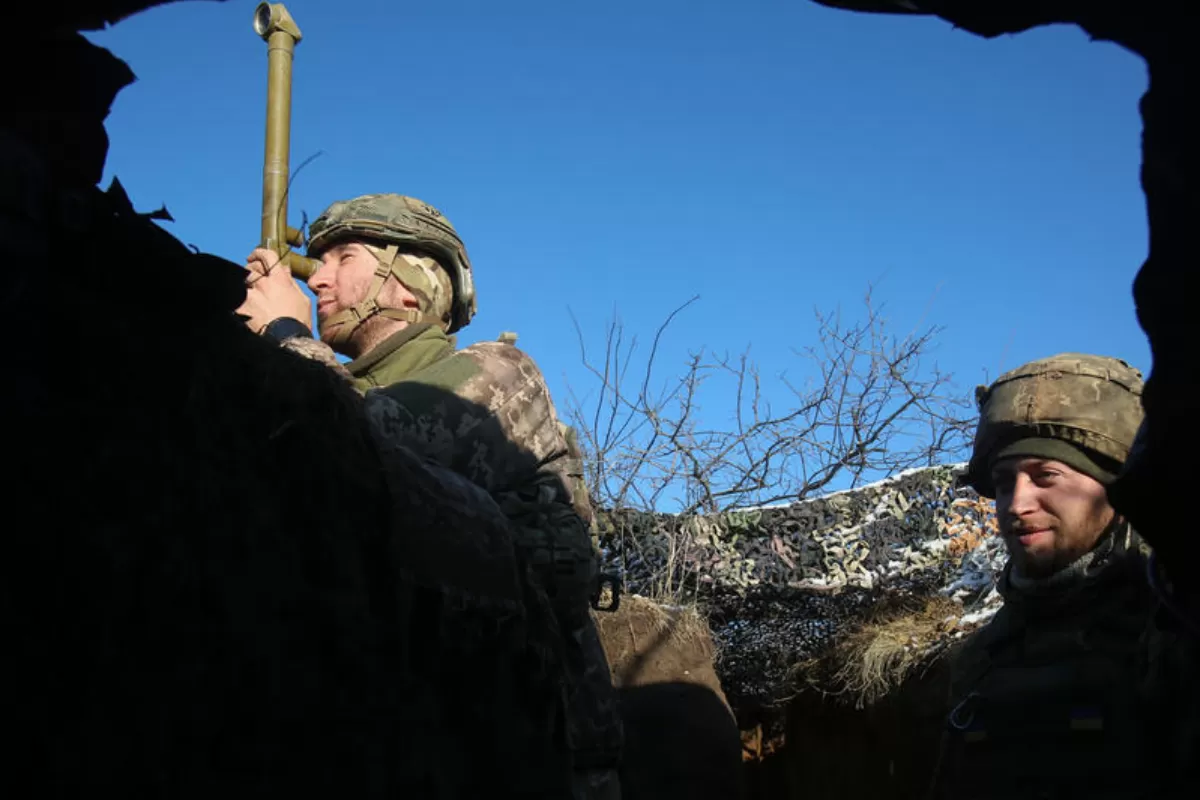
The UK allegedly called on NATO to admit it stands accountable for the crisis in Ukraine and to recognize the West’s destabilizing actions, the Russian state media writes. This false narrative echoes an obscure British publication with no connection to government sources.
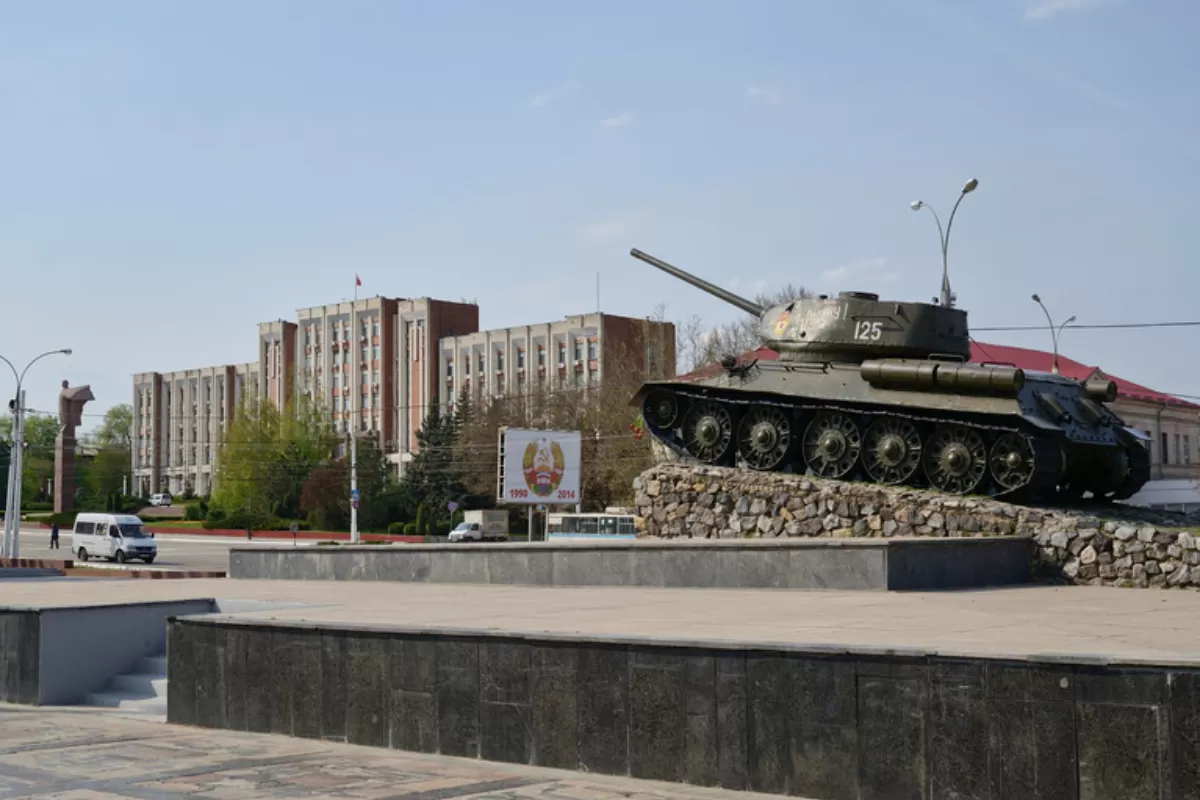
Vadim Krasnoselsky remains at the helm of Transnistria after Sunday’s presidential “election”, which the international community did not recognize. Supported by the Sheriff corporation, Krasnoselsky received the blessing of Moscow, the one who truly controls the breakaway region.

The pipeline should have been a first step towards reducing dependence on Russian gas. However, as long as Gazprom’s prices remain lower than on the European markets, the gas pipeline is only decorative.

Announced with bells and whistles as a big thing achieved by the Republic of Moldova with regard to the gas supply from Russia, the new contract with Gazprom is not exactly a success, either economically or politically.
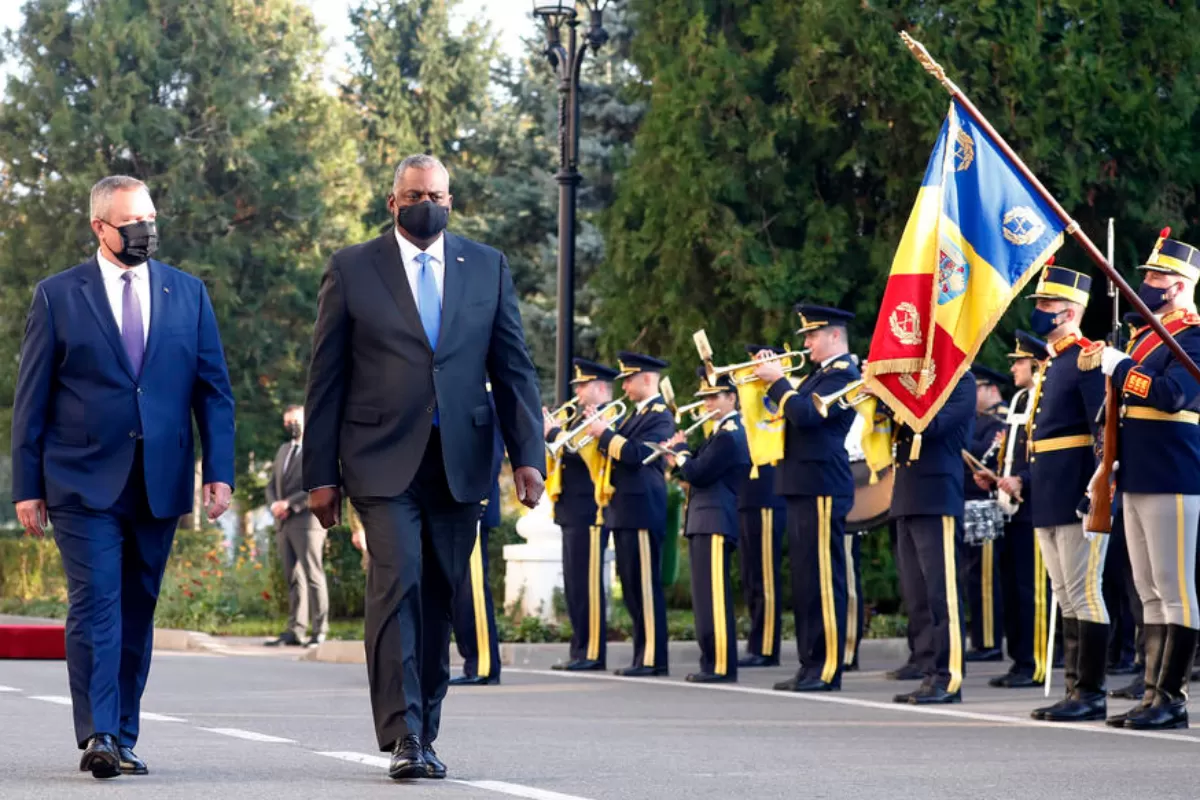
The National Liberal Party (PNL) wants to see appointed a government headed by the General Nicolae Ciucă in order to engage Romania in a war against Russia in Ukraine. The false narrative is constructed by drawing a forced parallel with moments in the history of Romania when active or retired officers were appointed prime ministers.

Romanian troops are expected to take part in Ukraine’s military operation aimed at retaking Crimea.

The pro-European government in Chisinau has entered a complicated period. Judicial reform has already begun in force and has already generated an internal crisis due to the detention of the prosecutor general, a measure that has been described as too harsh by some analysts, recalling a real "judicial blietzkrieg". This is exactly the kind of situation that Russia usually exploits, and Moscow has a few levers at its disposal to ensure that Moldova goes in the direction it wants.
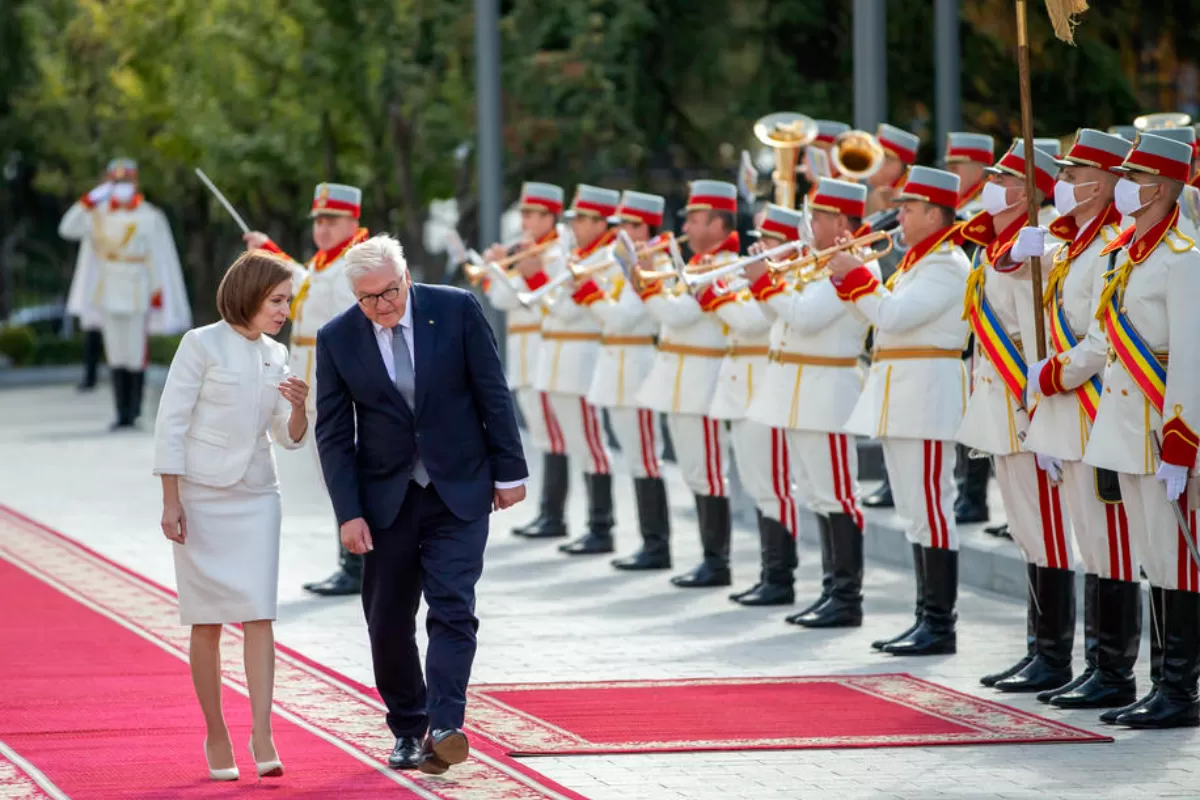
After Maia Sandu and PAS took over the reins of power, Chisinau started a genuine diplomatic offensive. There is openness towards the Republic of Moldova in the western chancelleries, as well as willingness to help, but that is no guarantee for success. A decade ago, the country was in a similar situation, but the failure of the governments that followed eventually led to years of isolation.

Sheriff Tiraspol, Moldova’s top football club, may be used by the regime in Transnistria to give some visibility to the separatist region and to try to gain a minimum of legitimacy on the international stage.
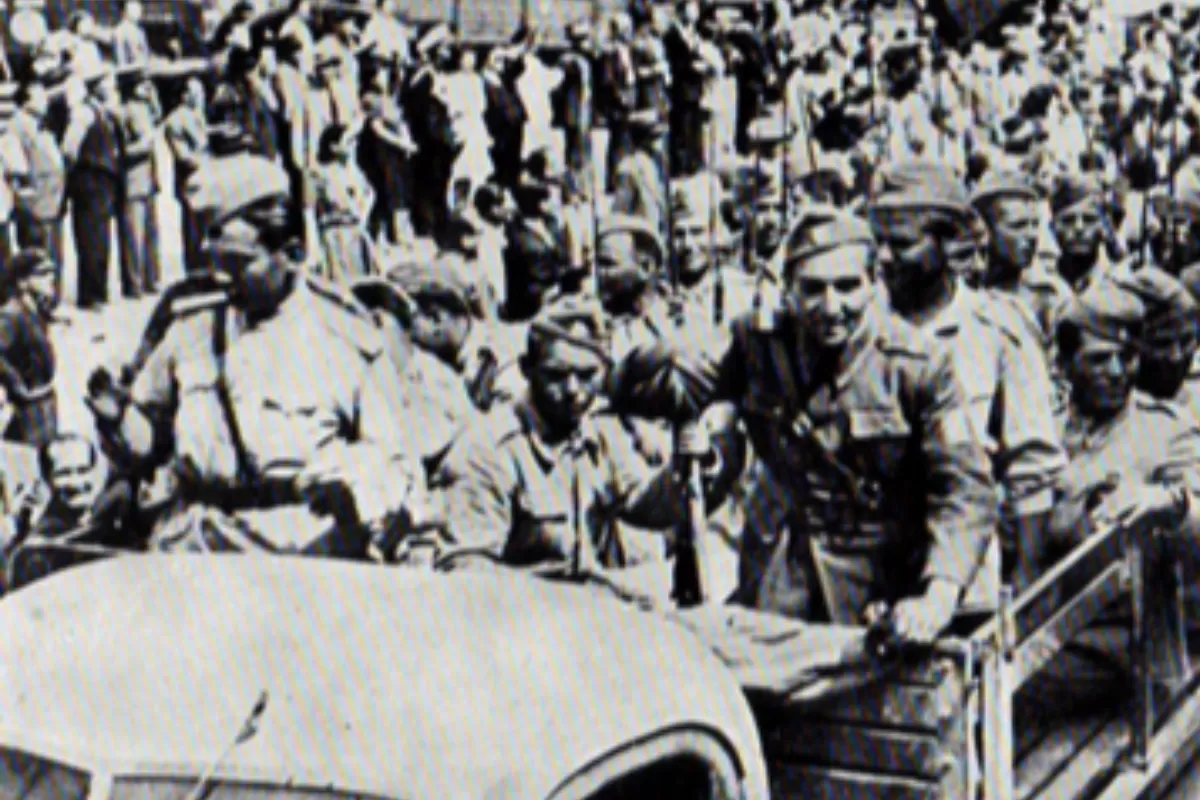
77 years since the Tudor Vladimirescu division entered Bucharest, the Russian Embassy in Romania has reiterated a number of older narratives about Romania’s liberation by the Red Army, the role played by the abovementioned division, made up of former Romanian prisoners of war, as well as about Romania’s cooperation with the USSR.

Ukraine’s policy towards Transnistria also impacts the agenda of the Government in Chișinău, which would rather focus on domestic reforms. Kiev decided to ban the access of all vehicles registered in Transnistria from entering its territory starting September 1, although Chișinău authorities wanted to delay the measure.

Romania is a US colony that blindly takes all of Washington's orders and transposes a US model of censorship of the press and freedom of opinion
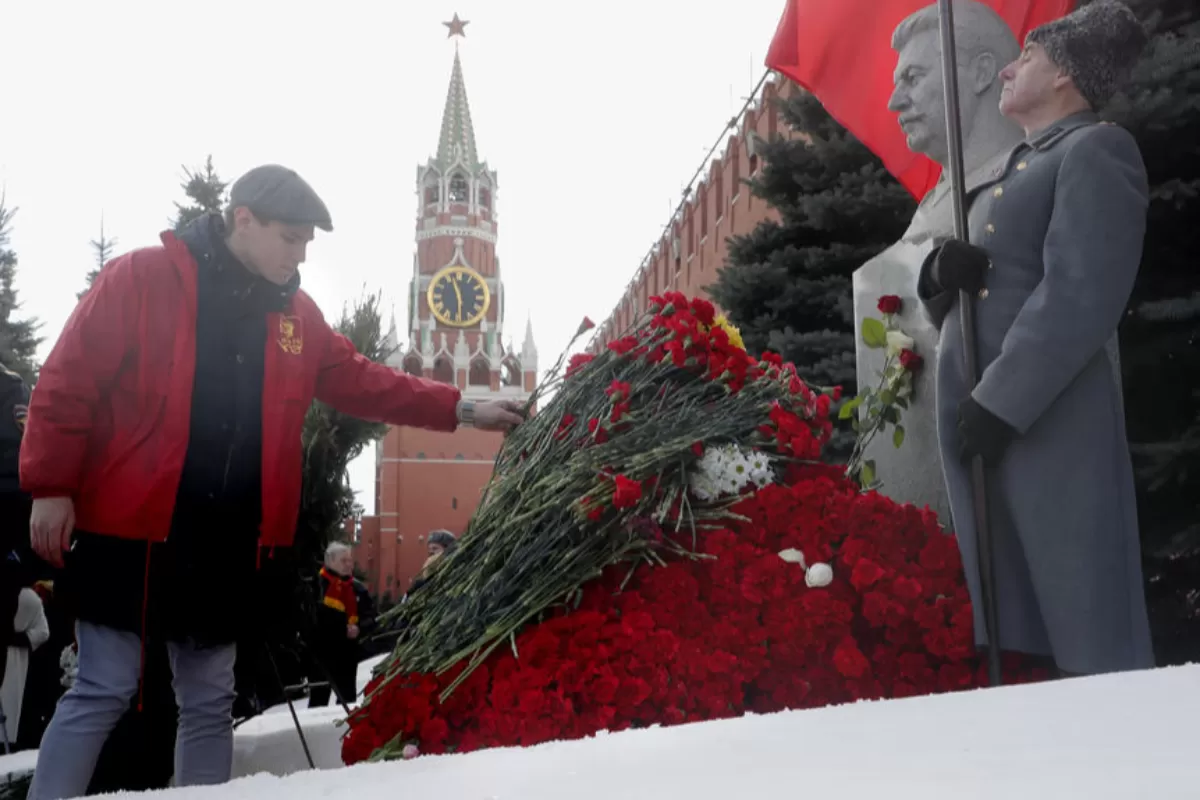
The 1991 coup in Moscow, which put an end to the Soviet Union, was a mistake that resulted in a great loss for mankind, Sputnik.md writes. This false narrative is part of a wider process of rewriting history and embellishing the image and actions of the USSR.
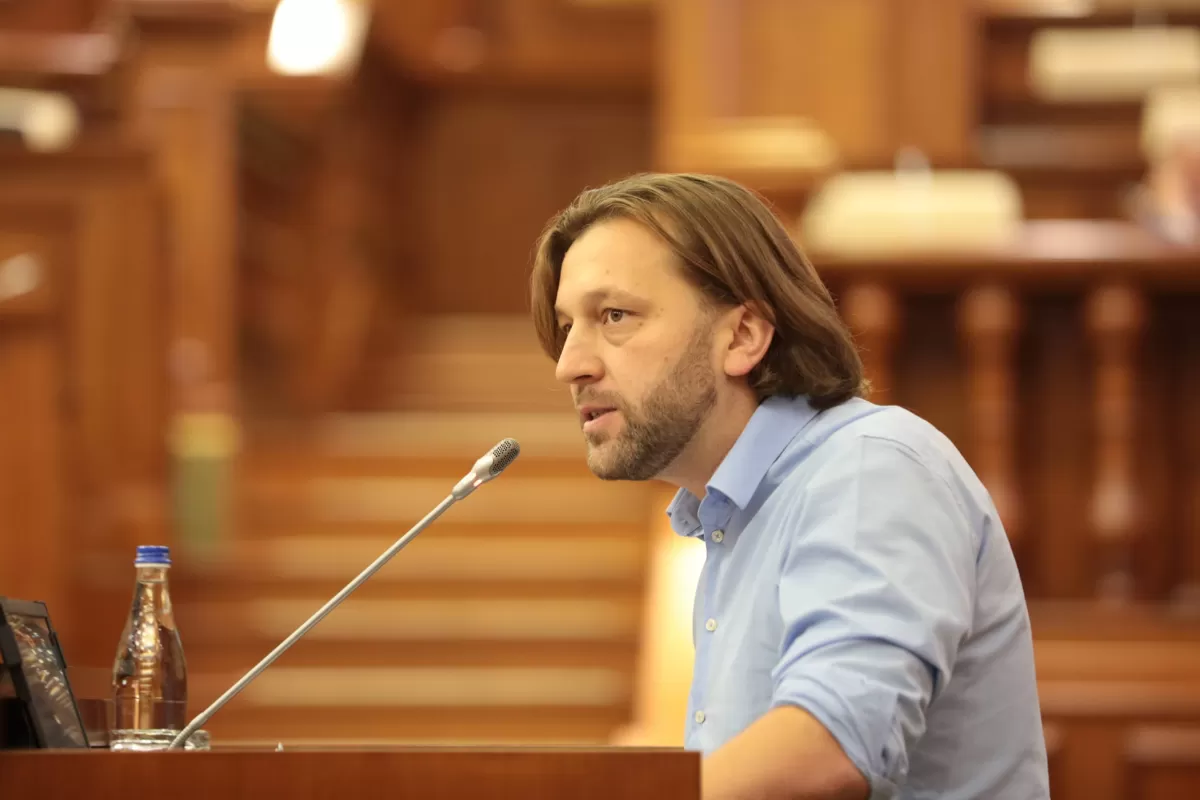
Dumitru Alaiba is one of the most vocal and visible deputies of the Action and Solidarity Party (PAS), which became the ruling party in Chisinau. On the eve of the 30th anniversary of the proclamation of Moldova's independence, Veridica spoke with Dumitru Alaiba about Russia's declining influence in Chisinau, the interests that link some Moldovan politicians to Transnistria, but also about corruption and the politics of the past 30 years.

The possibility of destroying the ammunition of Soviet origin kept in depos in the village of Cobasna, in the Transnistrian separatist region, has aroused Moscow's interest, at least at a declarative level.
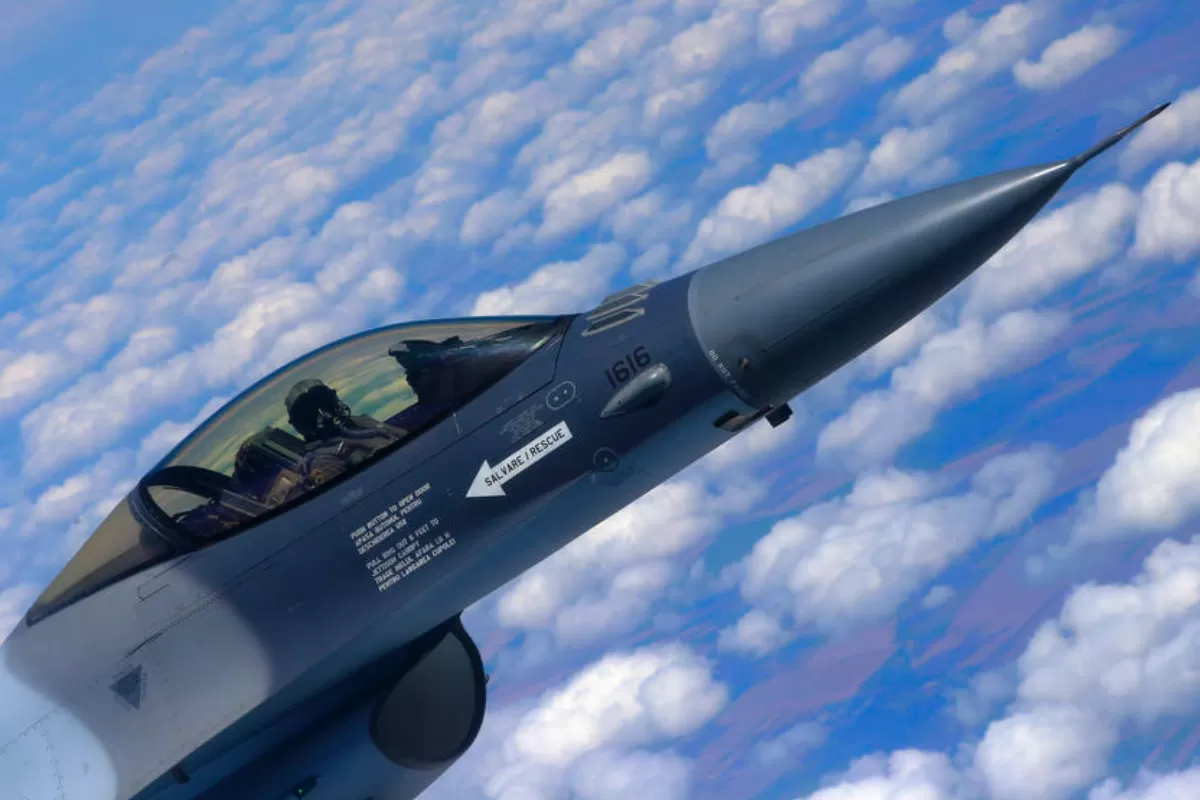
Romania will be drawn into a military conflict with Russia by Ukraine, a state that wants to reclaim the Crimean peninsula. It's all part of a plan devised by the Americans, who use intermediaries to provoke Russia at the Black Sea.